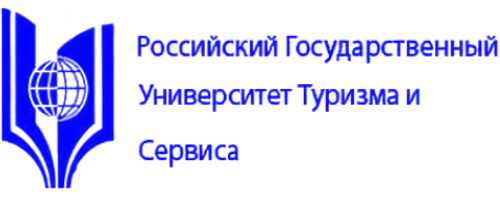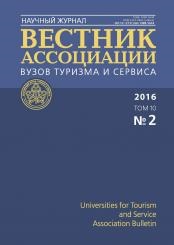Moskva, Moscow, Russian Federation
In this article the author gives the analysis of dissertations in the field of cross-cultural competence, an educational potential of texts and the development of an interpretative activity of students. The author evaluates and analyses the situation in higher education and gives the grounds to the necessity to modernize it in a social and cultural field and to orient it on developing cross-cultural competence as the major factor of competitive performance of a modern man. The thematic justification is caused by onrush of science and technology together with transformations of the society into a post-industrial and information oriented one, by the transition of a technological era into a systemic and technological era and by changing the requirements to the man to be an active and free personality. In the first rate these changes demand a creative activity, creative consciousness to be developed so as to be able to work with a big flow of information. In this turn the author investigates a text ( educational, literary and so on) as a means of developing cross-cultural competence as an ability to communicate successfully with partners from different cultures in a extra linguistic and professional context. The author also gives thematic justification, deduces contradictions, gives the ground to the pedagogical perspective of developing cross-cultural competence of students while working with a text. In her pedagogical concept the author elaborates criteria, factors, conditions, backgrounds and descriptors of the process under study as well as deduces logical relations. The target audience is PhD candidates, researchers, lecturers at higher institutions, secondary school teachers.
text, cross-cultural competence, dialogueness of consciousness and brainwork, vertical context, insight, hermeneutic circle, communicative chain “author-text-recipient”
1. Vasil'eva V.V., Ezhova E.V. Kurs-praktikum «Rabota s tekstom» // Pedagogika: tradicii i innovacii: materialy 4 mezhdunar. nauch. konf. Chelyabinsk: Dva komsomol'ca, 2013. S. 200−-204.
2. Dem'yankov V.Z. Metayazyk lingvistiki kak konstrukt kul'tury // Yazyk, kul'tura, obschestvo: materialy VI mezhdunarodnoy nauchnoy konferencii. M.: Moskovskiy institut inostrannyh yazykov, 2011. S. 124-130.
3. Koncepty. Kategorii: yazykovaya real'nost': kollektivnaya monografiya // Irkutskiy gosudarstvennyy lingvisticheskiy universitet [Elektronnyy resurs]. URL: http://www.knigafund.ru/ books/10845 (data obrascheniya: 15.05.2017).
4. Nikolina N.A., Kupina N.A. Filologicheskiy analiz hudozhestvennogo teksta: praktikum [Elektronnyy resurs]. M.: Izd-vo Flint: Nauka, 2011. URL: http://www.knigafund.ru/ books/90341(data obrascheniya: 23.04.2017).
5. Anteneh T. A contextual model for understanding intercultural communication. Book review of James Neuliep, Intercultural communication: A contextual approach. KULT-Online, 2010. URL: http://kult-online.uni giessen.de/wps/pgn/home/KULT_online/24-12/ (data obrascheniya: 12.03.2016).
6. Cliche D. Fischer, Wiesand M. Intercultural Dialogue / D. Fischer Cliché, M. Wiesand. European Institute of Comparative Cultural Research, 2011. URL: http://www.interculturaldialogue.eu/web/intercultural-dialogue.php (data obrascheniya: 05.01.2017).
7. Moore, A.M., & Barker, G.G. Confused or multicultural: Third culture individuals’ cultural identity / A.M. Moore, G.G. Barker // International Journal of Intercultural Relations. 2011. № 36. S. 553-562. URL: http://dx.doi.org/10.1016/j.ijintrel.2011.11.002 (data obrascheniya: 02.03.2016).
8. Nguyen, A., & Benet-Martinez, V. Biculturalism and adjustment: A meta-analysis / A. Nguyen, V. Benet- Martinez // Journal of Cross-Cultural Psychology, 2010. № 44. S. 122−159. URL: http://dx.doi.org/10.1177/0022022111435097 (data obrascheniya: 12.11.2016)
9. Judith N. Martin and Thomas R. Nakayama The Handbook of Critical Intercultural Communication / N. Martin Judith, R. Nakayama Thomas, doi:https://doi.org/10.1002/9781444390681.ch5.





